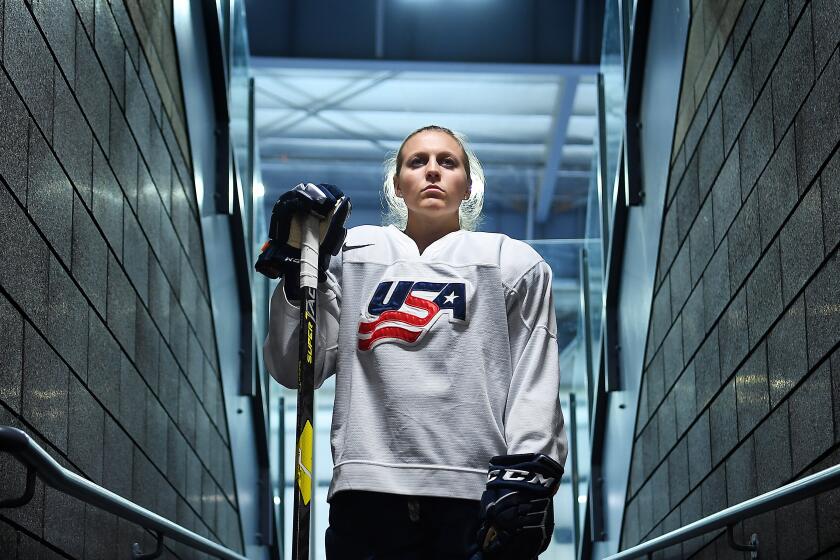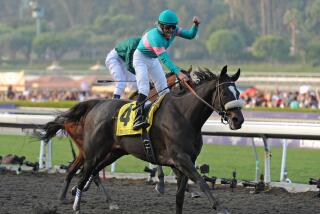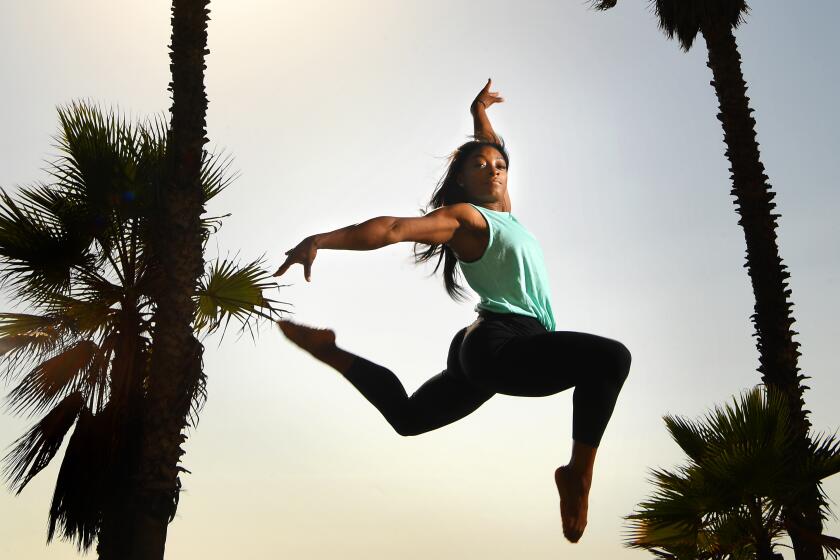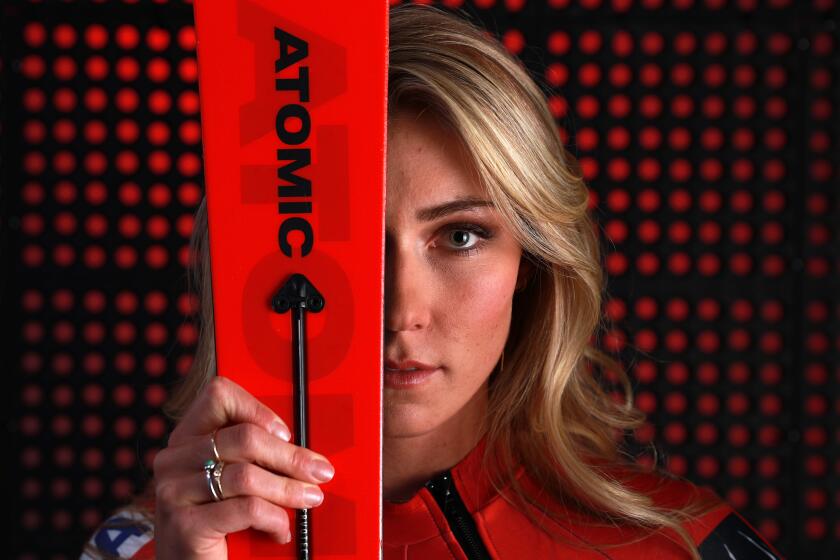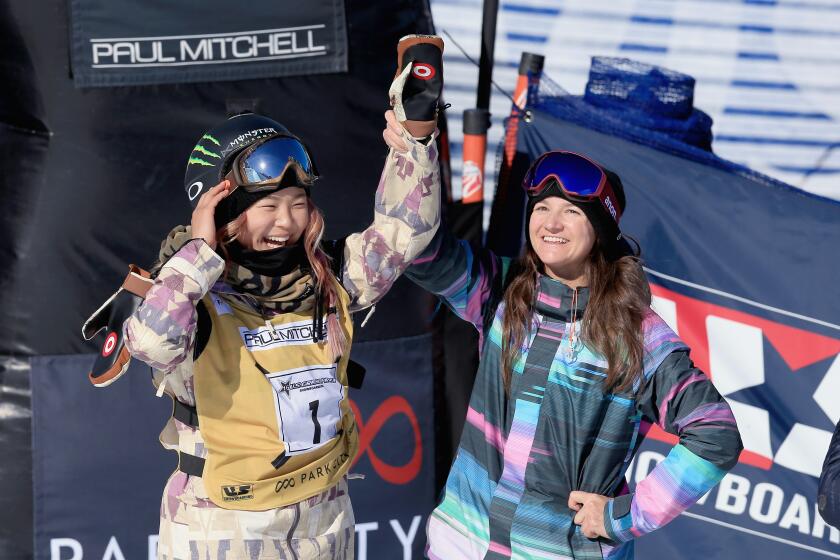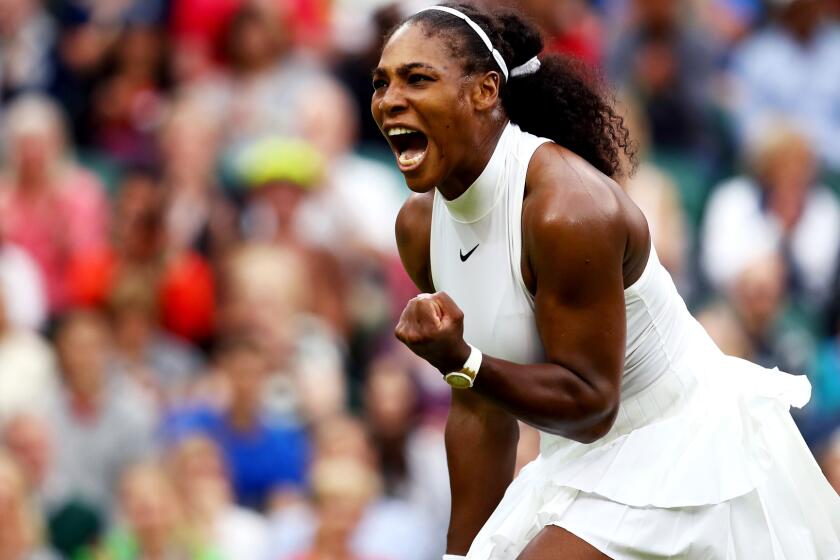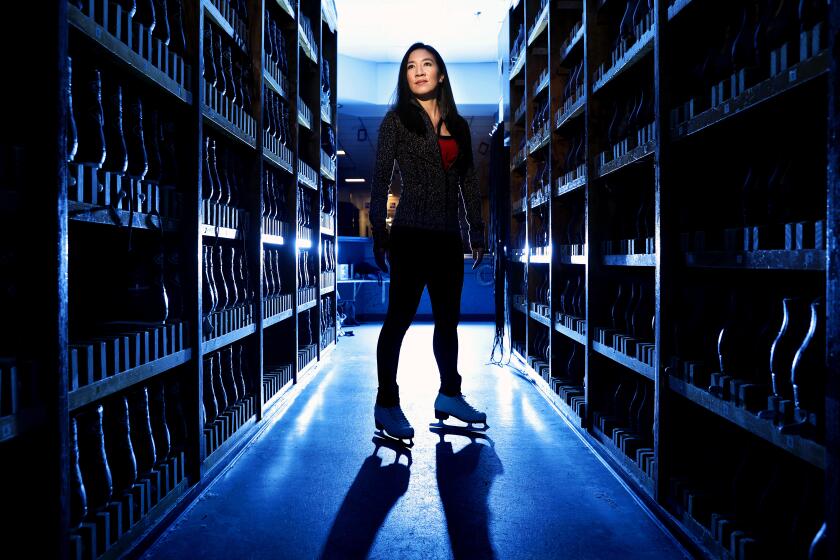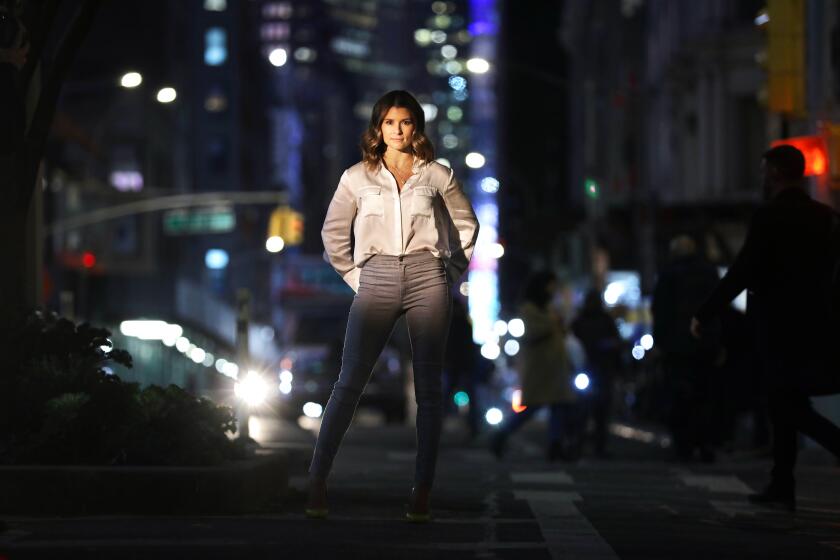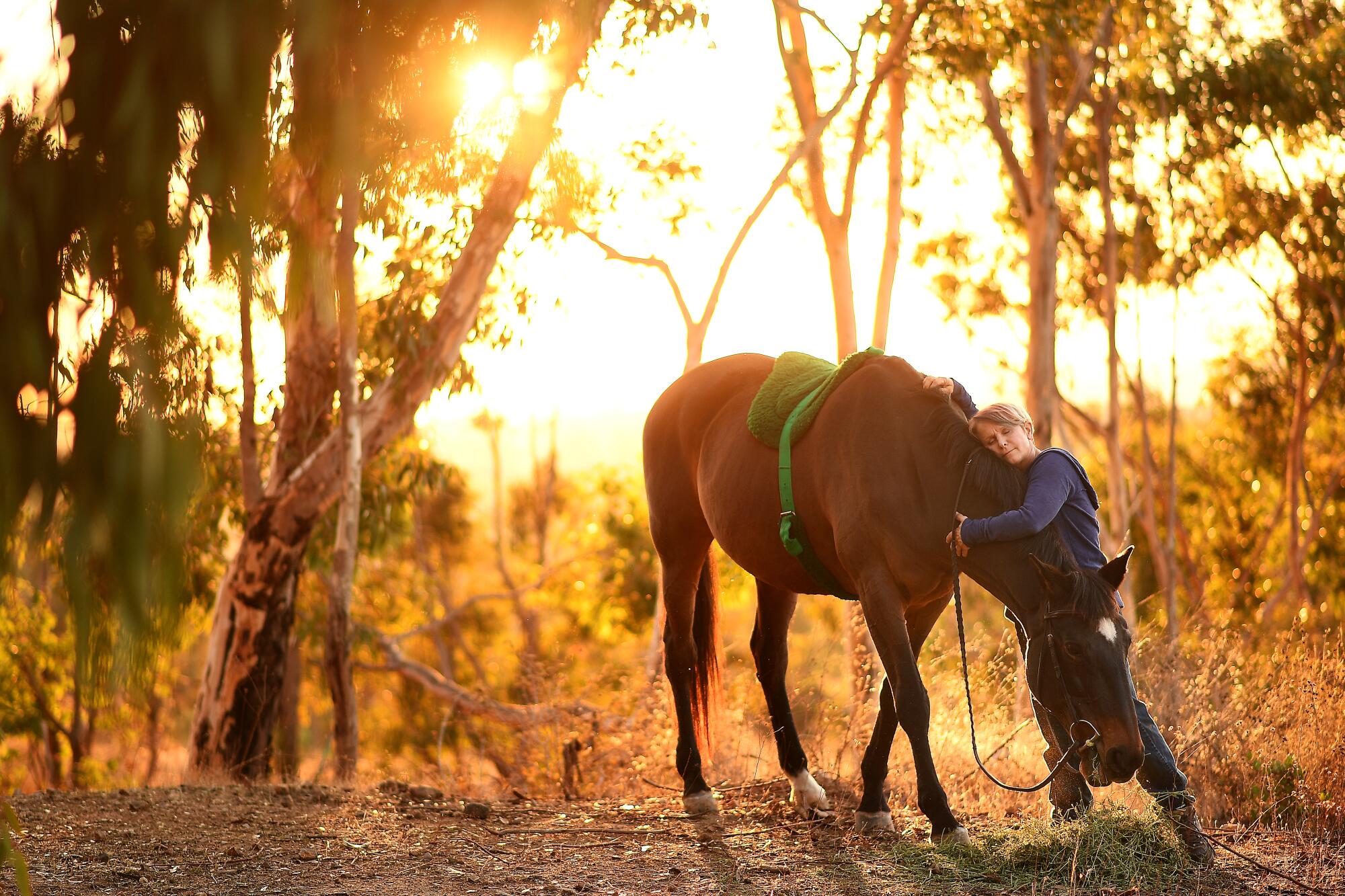
Julie Krone took a trip down memory lane last summer.
In 1987, the trailblazing jockey became the first woman to win a riding title at a major racetrack. Six years later, she became the first woman to win a Triple Crown event. In 2000, she was the first woman inducted into Hall of Fame of the National Museum of Racing.
In July, she returned to the Hall of Fame Museum, bringing along the kids participating in the first Julie Krone Junior Jockey Camp. As they read her plaque and learned of her career, she gained a whole new perspective on the power of her profession.
“It was really exciting to share that with them,” Krone says.
Krone, 56 and retired, had been itching to return to the sport she once dominated. The winner of more than 3,700 races had stepped away from the track full time in 2004, going into broadcasting and becoming a mom.
“I was just trying to figure out different ways to incorporate myself back into racing,” Krone says. “Because it’s been my life.”
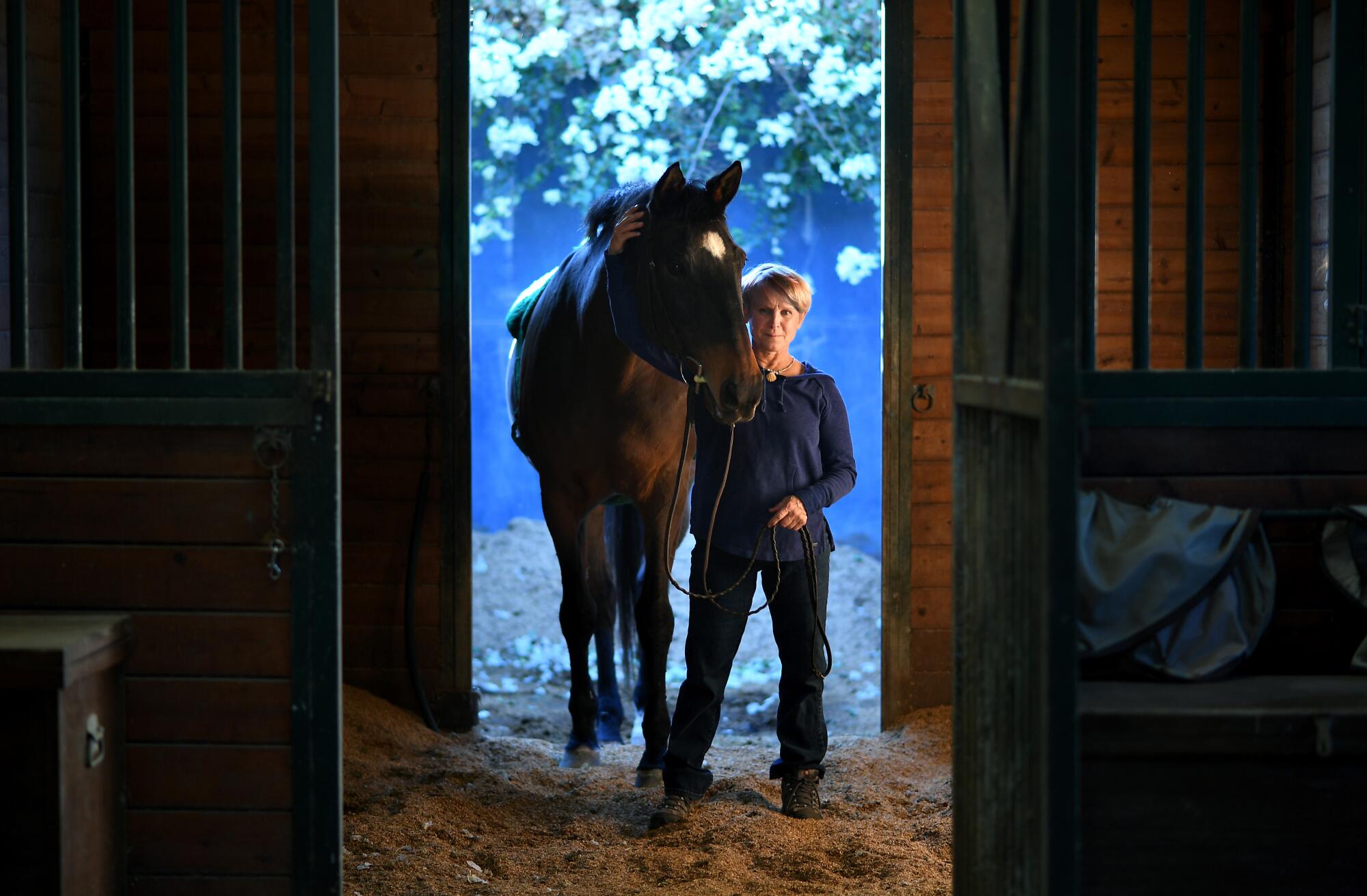
Junior Jockey Camp was a solution. For a week in upstate New York, she welcomed underprivileged kids from across the country. She taught them the basics of horsemanship, and the respect and ritual required to ride. And she was able to relive her career, one that helped redefine what was possible for female jockeys.
“Those stories do make a difference,” she says. “Those dumb choices you made, or something you interpreted the wrong way ... you get a lesson out of it.”
Nearly 50 years after Congress passed Title IX, female athletes are still scrambling for a fair shot in the male-dominated world of sport. In hockey, top Americans and Canadians train with their national teams part-time; the rest of the season, they have only a small pro league that offers twice-a-week practices, weekend games and thin salaries.
More to Read
Go beyond the scoreboard
Get the latest on L.A.'s teams in the daily Sports Report newsletter.
You may occasionally receive promotional content from the Los Angeles Times.

